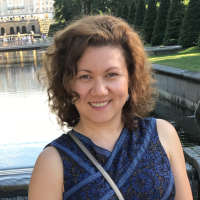Horizon 2021 – European Commission: Marie Składowska-Curie Individual Fellowships (H2020-MSCA-IF-2021)
Across today’s Europe, it is not surprising to see a family consisting of a Spanish father, an Irish mother and children speaking German natively in a restaurant, say, in the Netherlands. Parents move around for work, children change schools, and all of them acquire new languages every time they move. Despite a significant body of research on multilingualism, a few key questions have not been fully addressed yet: What psycholinguistic mechanisms ensure the successful addition of a new language to the existing mental grammar? How can people, both children and adults, understand complex sentences in a new language when their general proficiency in this language is quite low? The proposed project Non-Native Language Processing and Production: Evidence for an Integrated Grammar (NNLPP) addresses these questions from a novel perspective.
NNLPP is an integrated study which compares the strategies multilingual speakers use across their languages. The project will investigate the role of syntactic structure in comprehension and production of unilingual sentences and sentences which switch from one language to another. A series of experiments will test 250-300 adult non-balanced multilinguals whose languages belong to different linguistic families: Norwegian, Russian, Armenian and English. Focusing on code-switched sentences, NNLPP will compare the participants’ reading times, eye movements and intonation patterns and provide a well-rounded description of psycholinguistic mechanisms used by a multilingual mind.

